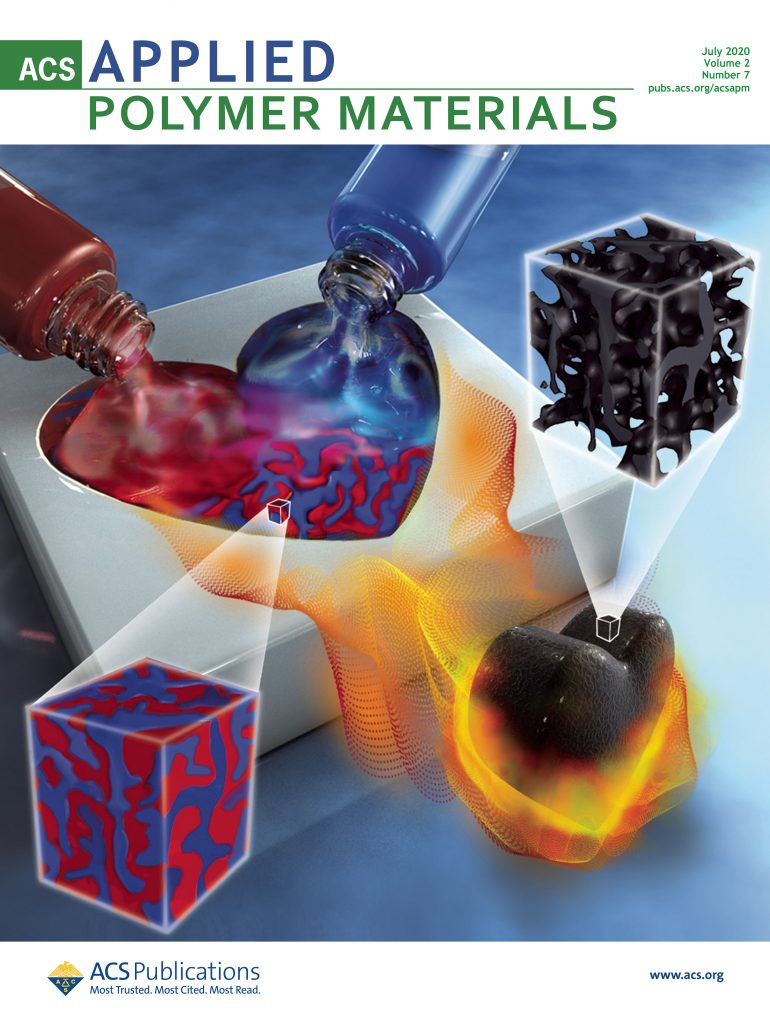Applying transfer learning to achieve precision marketing in an omni-channel system – a case study of a sharing kitchen platform
IF 4.4
2区 化学
Q2 MATERIALS SCIENCE, MULTIDISCIPLINARY
引用次数: 14
Abstract
Omni-channel marketing is an enhanced cross-channel business model involving shared data that allows enterprises to enhance and facilitate customer experience. Omni-channel opportunities shape retail business and shopper behaviours by coordinating data across all channel platforms while enabling their simultaneous use. Artificial intelligence (AI) has played an increasingly critical role in marketing analysis. With the proper training, AI can predict consumer preferences and provide recommendations based on historical data to achieve precision marketing in e-commerce. At present, however, the existent chatbots on many product-ordering platforms lack AI refinement, resulting in the need to ask customers multiple questions before generating a reliable suggestion, yet an effective way to incorporate AI in an omni-channel platform has remained vague. Hence, the aim of this study was to develop an omni-channel chatbot that incorporates iOS, Android, and web components. The chatbot was designed to achieve personalised service and precision marketing using convolutional neural networks (CNNs). A shared kitchen case study demonstrates the advantages of the proposed method, which is transferable to other consumer applications such as clothing selection or personalised services. The number of food offerings and the quality of image classifiers set the research limitations, pointing toward the direction of future research.应用迁移学习实现全渠道精准营销——以共享厨房平台为例
全渠道营销是一种增强的跨渠道商业模式,涉及共享数据,使企业能够增强和促进客户体验。全渠道机会通过协调所有渠道平台上的数据来塑造零售业务和购物者的行为,同时实现数据的同时使用。人工智能在营销分析中发挥着越来越重要的作用。通过适当的培训,人工智能可以预测消费者的偏好,并根据历史数据提供建议,以实现电子商务中的精准营销。然而,目前,许多产品订购平台上现有的聊天机器人缺乏人工智能完善,导致在生成可靠的建议之前需要向客户询问多个问题,但将人工智能纳入全渠道平台的有效方法仍然模糊不清。因此,本研究的目的是开发一个包含iOS、Android和web组件的全渠道聊天机器人。聊天机器人旨在使用卷积神经网络(CNNs)实现个性化服务和精准营销。一项共享厨房案例研究证明了所提出方法的优势,该方法可转移到其他消费者应用程序,如服装选择或个性化服务。食物供应的数量和图像分类器的质量设置了研究的局限性,为未来的研究指明了方向。
本文章由计算机程序翻译,如有差异,请以英文原文为准。
求助全文
约1分钟内获得全文
求助全文
来源期刊

ACS Applied Polymer Materials
Multiple-
CiteScore
7.20
自引率
6.00%
发文量
810
期刊介绍:
ACS Applied Polymer Materials is an interdisciplinary journal publishing original research covering all aspects of engineering, chemistry, physics, and biology relevant to applications of polymers.
The journal is devoted to reports of new and original experimental and theoretical research of an applied nature that integrates fundamental knowledge in the areas of materials, engineering, physics, bioscience, polymer science and chemistry into important polymer applications. The journal is specifically interested in work that addresses relationships among structure, processing, morphology, chemistry, properties, and function as well as work that provide insights into mechanisms critical to the performance of the polymer for applications.
 求助内容:
求助内容: 应助结果提醒方式:
应助结果提醒方式:


